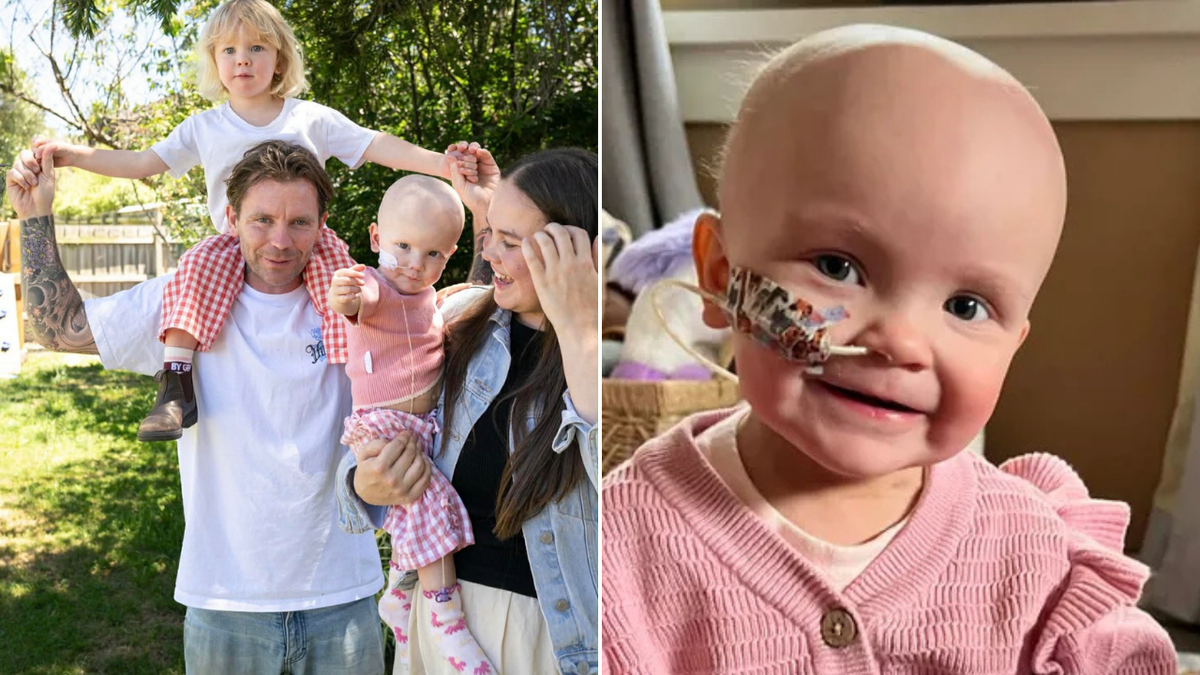
General practitioners in Tasmania are calling for the state government to enhance its Meningococcal B vaccination program by providing free vaccines to at-risk groups. This appeal follows the Royal Australian College of GPs’ (RACGP) initiative advocating for all states and territories to offer free Meningococcal B vaccines to children under two years old and adolescents aged 15 to 19 years.
The RACGP’s renewed campaign comes in the wake of the tragic death of 16-year-old Levi Syer. They commend the Tasmanian Government’s recent decision to make the Meningococcal B vaccine available without charge for infants aged six weeks to 12 months, along with catch-up immunisations for children over 12 months and under two years old. Nevertheless, Dr. Toby Gardner, Chair of RACGP Tasmania, insists that further measures are necessary.
“We must act; young lives are at risk,” Dr. Gardner stated. He emphasized the need for Tasmania to align with other states that have already implemented free vaccination programs for vulnerable demographics. States such as South Australia, Queensland, and the Northern Territory have all taken steps to provide these crucial vaccines, with similar commitments also emerging from the Western Australian Opposition.
Dr. Gardner highlighted the severity of Meningococcal B, a bacterial infection that can swiftly endanger young lives. “This is a severe bacterial infection that can rapidly take the lives of otherwise young and healthy teenagers. If we don’t act to boost vaccination rates, young people with their whole lives ahead of them will succumb to untimely deaths, and we can’t let that happen,” he said.
The financial burden of the vaccine is a significant concern, particularly for families grappling with rising living costs. The price for the Meningococcal B vaccine ranges from $110 to $135 per dose, with two or three doses recommended depending on age. Dr. Gardner called on the Tasmanian Government to facilitate access to these vaccines, stating, “By ensuring the Meningococcal B vaccine is free of charge for at-risk groups across our state, we can save lives.”
The importance of increasing vaccination rates cannot be overstated. “This is a very serious infection that kills 5–10% of patients. For those who survive, 10–20% are left with brain damage, hearing loss, or a learning disability,” Dr. Gardner pointed out. He believes that launching a free vaccination programme is essential to prevent families from being unable to afford necessary treatments for their teenagers.
Dr. Gardner concluded with a powerful message, urging immediate action: “We must act now, particularly since we have a safe and effective vaccine available. In Tasmania, we just need the political will to make it more accessible for more families with teenagers; by doing so we can save precious young lives.”
The push for an expanded Meningococcal B vaccination program reflects a growing awareness of public health needs in Tasmania, aiming to protect the most vulnerable members of the community.







